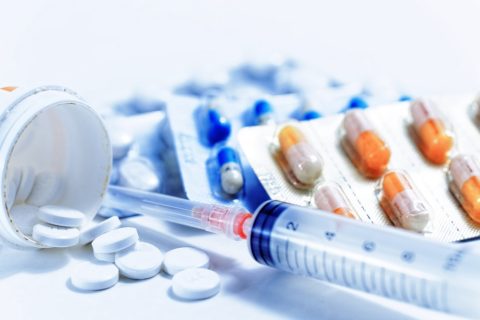Patent status of MS disease-modifying therapies (DMTs) around the world
Collaborating with the Medicines Patent Pool as MSIF continues work on improving access to MS treatments
Last updated: 25th September 2024
When a new medicine is developed, it is normally patented to exclude others from making or selling the medicine for a limited period of time, often 20 years from the time of the patent application. Giving the original company exclusive access to the market for selling their product is designed to support innovation, because it allows the inventor to benefit from exclusive sales to recover costs associated with developing the new medicine.
When medicines come off-patent, other companies will start producing and selling their versions of the same medicine. This competition between companies can lead to improved global availability due to local manufacturing, and sometimes a significant drop in price due to competition.
The Medicines Patent Pool (MPP ) is a UN backed public health organisation working to increase access to, and support the development of, life-saving medicines for low- and middle-income countries. MSIF has partnered with the MPP to get a better understanding of when the patents of different disease modifying therapies (DMTs) used to treat MS expire. This is not a simple task. There are around 30 DMTs used on-label or off-label to treat MS. Patents are only valid within a geographical region, and companies file them in different countries at different times. There are also different types of patents. A ‘product patent’ is focused on the medicine itself, and ‘secondary patents’ are linked to other aspects, for instance method of use, formulation, or production methods. One product may have several patents. Amina Maillard from MPP has produced a report for MSIF on the patent landscape of MS DMTs. There is also an updated version of the patent landscape (November 2022) available, focusing on a small number of selected DMTs.
Having a good understanding of the patent landscape is crucial for MSIF’s work on improving access to treatment. When patents expire there can be a substantial effect on available options and prices of MS DMTs. Patents affect long-term availability and affordability of treatments and being able to see what opportunities are coming in the near future will inform decisions about how best to improve access to DMTs for people with MS.
